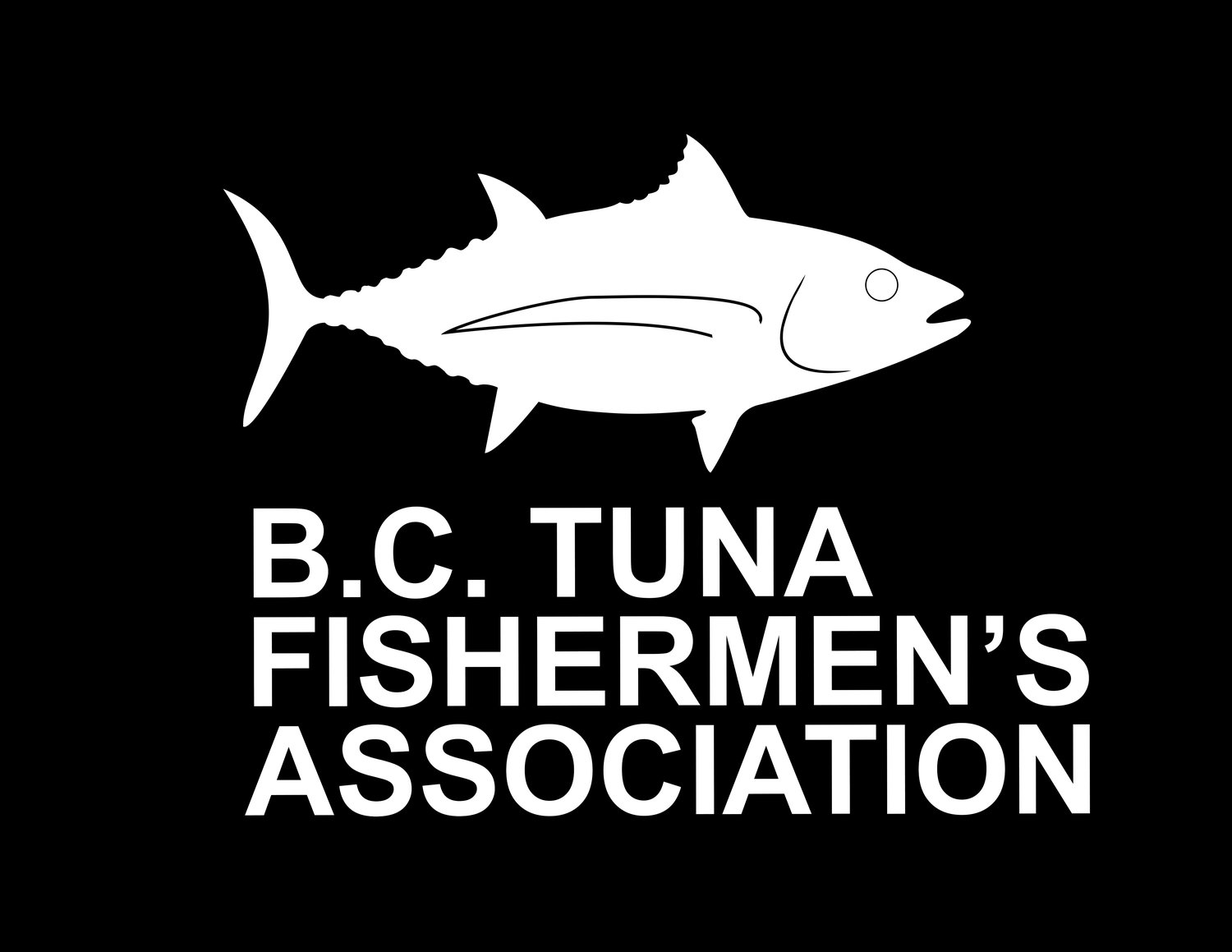Original Article: https://www.theguardian.com/environment/2020/dec/02/global-sustainable-fishing-initiative-agreed-by-14-countries
By: Fiona Harvey Environment correspondent
Governments responsible for 40% of the world’s coastlines have pledged to end overfishing, restore dwindling fish populations and stop the flow of plastic pollution into the seas in the next 10 years.
The leaders of the 14 countries set out a series of commitments on Wednesday that mark the world’s biggest ocean sustainability initiative, in the absence of a fully fledged UN treaty on marine life.
The countries – Australia, Canada, Chile, Fiji, Ghana, Indonesia, Jamaica, Japan, Kenya, Mexico, Namibia, Norway, Palau and Portugal – will end harmful subsidies that contribute to overfishing, a key demand of campaigners. They will also aim to eliminate illegal fishing through better enforcement and management, and to minimise bycatch and discards, as well as implementing national fisheries plans based on scientific advice.
Each of the countries, members of the High Level Panel for Sustainable Ocean Economy, has also pledged to ensure that all the areas of ocean within its own national jurisdiction – known as exclusive economic zones – are managed sustainably by 2025. That amounts to an area of ocean roughly the size of Africa.
Erna Solberg, the prime minister of Norway, said: “Humanity’s wellbeing is deeply intertwined with the health of the ocean. It sustains us, stabilises the climate and leads to greater prosperity. For too long, we have perceived a false choice between ocean protection and production. No longer. We understand the opportunities of action and the risks of inaction, and we know the solutions. Building a sustainable ocean economy is one of the greatest opportunities of our time.”
Scott Morrison, the prime minister of Australia, said: “Australians have always had a deep connection to the ocean. It is an integral part of who we are: our culture, lives and livelihoods … When I speak to children in schools in Australia, pollution destroying our oceans is what they talk to me about. Along with the Ocean Panel Leaders, we are committing to sustainably manage 100% of our ocean areas by 2025 and we encourage other world leaders to join us.”
Research has found that if oceans were sustainably managed, they could provide six times more food than today, when many species are fished up to and beyond their recovery limits. Economists also calculate that for every $1 invested in sustainable oceans, there is about $5 return in economic, social, environmental and health benefits, and that sustainably managing the world’s oceans would create about 12m new jobs.
Jane Lubchenco, the administrator of the US National Oceanic and Atmospheric Administration under President Obama, told the Guardian the initiative was “a really big deal” and could restore the health of the world’s oceans, as well as benefiting the global economy and societies.
“What you have now is a hodgepodge [of ocean management], sector by sector, it’s not holistic. That does nothing to help recover the health of the underlying ecosystems, and we are seeing a loss of biodiversity, climate change running rampant – business as usual would just continue the decline of the oceans,” she said. “The oceans are in a very sorry state right now.”
Oceans panel presses coastal states to invest in 'blue recovery'
Read more
With the more coordinated response envisaged by the High Level Panel, there was a chance that the destruction could be halted, she said. “We are beginning to understand that the ocean is really central to all our lives.”
The 14 world leaders want other countries to join the panel, to create a global sustainable ocean plan that they said could also have a major influence on the climate. One fifth of the reductions in emissions needed to meet the Paris agreement goal, of holding global heating to no more than 1.5C above pre-industrial levels, could come from the oceans, according to the panel, by improving the ability of the oceans to absorb carbon and by investing in technologies such as offshore wind.
Solberg said: “If we manage oceans sustainably it will be good for all our people. To have secure jobs, you will have to work with other countries.”
Their commitments also include: a global target to protect 30% of the world’s oceans by 2030, alongside setting out national plans by 2025 that would ensure local sustainability; to use technology to improve the monitoring of fishing; to eliminate the discarding of “ghost” fishing gear; to invest in sewage and waste management infrastructure in developing countries; to place national targets on decarbonising shipping transport; and to scale up environmentally responsible forms of fish farming.
Some of the work of restoring health to the oceans must also take place on land. In a report, the leaders set out the case for shifting to a “circular economy that would prevent plastic pollution from reaching the sea, and improving agricultural regulation on land to halt the spread of “dead zones” from fertiliser and manure runoff.
Henrik Österblom, the science director at the Stockholm Resilience Centre, said: “[This initiative] shows that politicians are listening to the science. Now they need to act. The ocean is not too big to fail. If we do not change course, key biophysical functions in the oceans could collapse. Yet just 2.6% of the ocean has the high level of protection it needs.”
The report found that more than 3 billion people rely on food from the oceans each day, and a healthy ocean contributes $1.5tn to the global economy, as well as absorbing a quarter of carbon dioxide emissions and producing half the world’s oxygen.
A spokesperson for the UK government said: “The UK is at the forefront of the global fight to protect our marine habitats, and is championing a global commitment to protect at least 30% of the global ocean by 2030. We will carefully consider the recommendations made by the High Level Panel, to ensure we continue to work globally to raise the bar for marine protection.”
